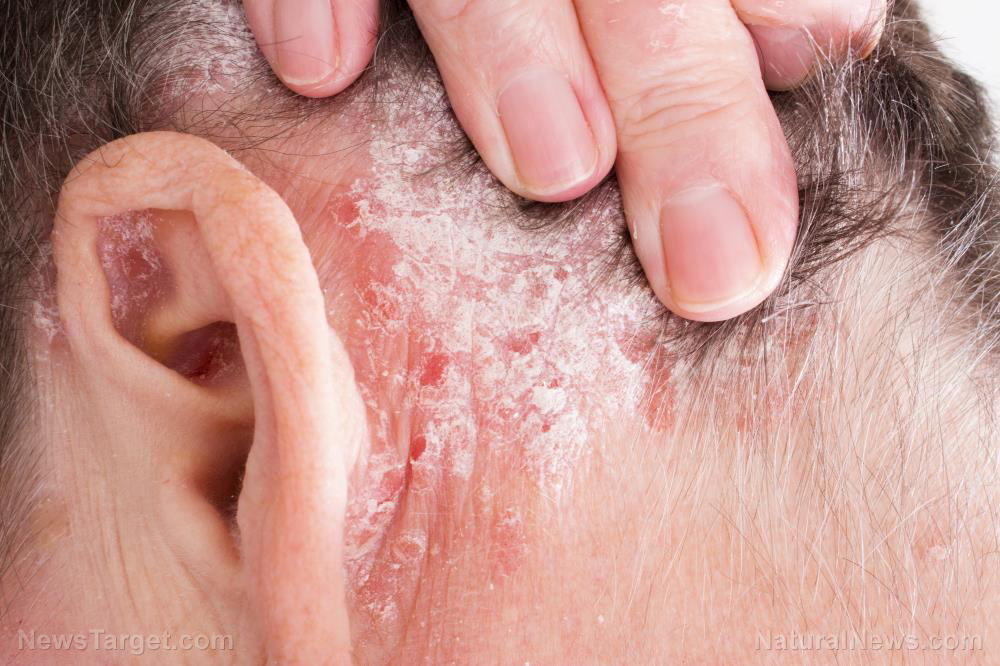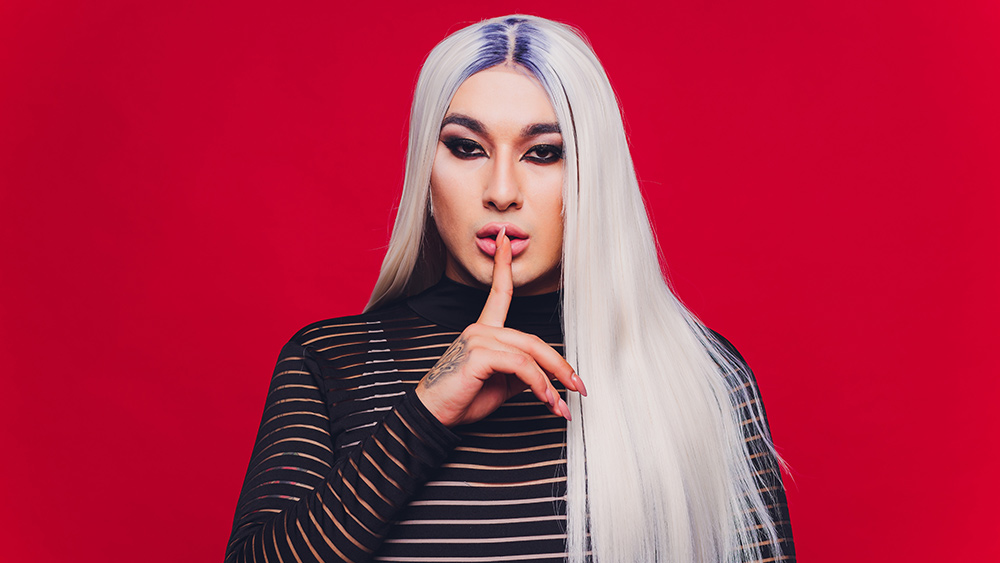
South Korean parents have expressed their anger over a mandate that requires children aged 12 to 16 to provide proof of vaccination against the Wuhan coronavirus (COVID-19) when entering public places frequented by students. These include cram schools, internet cafes and public study rooms.
The South Korean government announced on December 3 that it would expand its existing coronavirus "vaccine pass" system to include anyone above the age of 12 beginning February. This will require school-aged children and teenagers to "present a certificate of vaccination against COVID-19 or a negative test result to be allowed into restaurants, cafes and other multi-use facilities frequented by students."
Many students and parents were infuriated by the impending vaccine requirement. Those opposing the order have denounced it via multiple online petitions, calling it discriminatory against those who are not vaccinated.
One online petition against the mandate was filed on the website of Cheong Wa Dae, the office of the South Korean presidency, garnering 74,000 endorsements within 72 hours of posting.
The petitioner, a mother of four, wrote: "I believe cram schools are not a place where people remove a mask and eat … I am curious about why the vaccine pass needs to be extended to children when there is a considerable number of breakthrough infection cases."
Breakthrough infections are those that contracted the disease after receiving a full dosage of the COVID-19 vaccine. (Related: South Korea says relapsed coronavirus cases are "testing flukes.")
South Korea's highly lucrative cram schools also voiced their displeasure against the new vaccine requirement for young students. Cram schools, known as hagwon in Korean, are privately run schools that provide after-school tutoring to prepare students for exams.
"This measure is different from the previous ones as it neglects the cram schools' efforts to control infectious disease and puts the blame of infection and the responsibility to encourage vaccination on cram schools," Lee Yu-won, head of the Korea Association of Hagwon, said in a press release.
"It is impossible for students to go through PCR tests multiple times to go to cram schools or study rooms. Cram schools are different from other multiuse facilities as they can keep tight track of visitors."
The government said that they chose to expand the nation's federal vaccine pass system to younger children after learning of the new omicron variant. While the government initially allowed teens to get vaccinated as they choose, the new wave of infections and the omicron variant changed the situation.
"We will have to persuade students and their parents on being vaccinated," South Korean Vice Minister of Education Jung Jong-Chul said.
South Korea considers expanding home treatment as cases rise
South Korea also considers expanding home treatment of COVID-19 patients as both new daily infection rates and severe cases hit record highs, putting hospital capacity under stress.
Infections in the country have skyrocketed this month, with the Korea Disease Control and Prevention Agency (KDCA) reporting 7,175 new coronavirus cases and 63 deaths on Tuesday, December 7. This is the first time that daily infections topped 7,000. Hospitals are also treating a record of 840 critical and serious cases.
Son Young-Rae, a senior health ministry official, said at a news conference: "It is important to retain or reduce the trend of the current scale of the severely-ill patients within a week or two."
He added that the government may need to make a significant adjustment to the healthcare system if daily cases top 10,000, and consider expanding at-home treatments from around 50 percent to four-fifths of patients, especially those who are asymptomatic or have only mild symptoms.
So far, South Korea has 38 confirmed cases of the omicron variant. It has reported a total of 489,484 COVID-19 cases, with 4,020 deaths. The country has fully vaccinated 91.8 percent of its adult population.
Read more news related to the coronavirus pandemic at Pandemic.news.
Sources include:
Please contact us for more information.



















